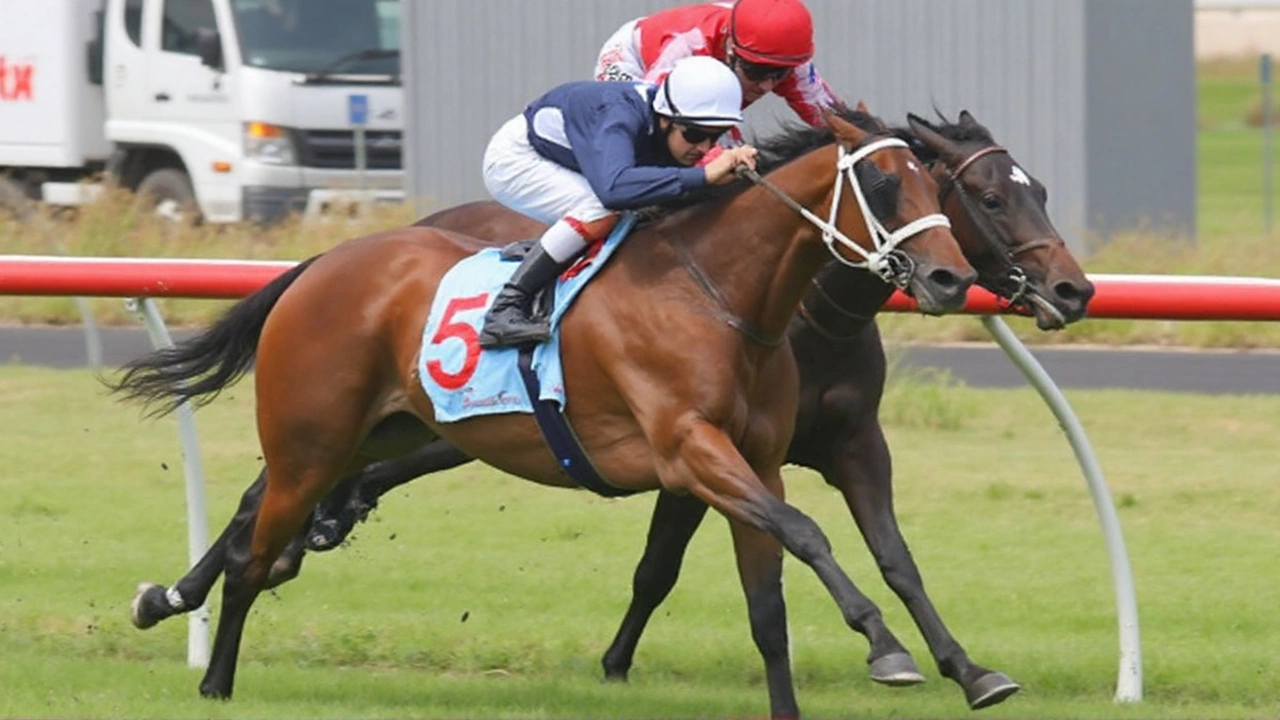The Shadow of Wakefield’s Deception Still Looms Over New Zealand
If you ever wondered how one dishonest study could keep putting kids in danger decades later, New Zealand’s long struggle with MMR vaccine hesitancy is a brutal reminder. Back in 1998, doctor Andrew Wakefield published a paper linking the MMR vaccine to autism. It’s been called out as not just wrong but outright fraudulent. The Lancet pulled it in 2010, and Wakefield lost his medical license—yet the damage stuck around, especially in places like New Zealand where rumors spread quickly and trust in medicine has been shaken.
Wakefield’s misdeeds went well beyond bad data. He took blood from children at a birthday party, paying them about £5 a pop, sidestepped proper permissions, and even got paid handsomely—over $700,000 (upwards of $1 million now)—by lawyers setting up lawsuits over vaccines. To many, this wasn’t just junk science; it was predatory. And while experts the world over have known his claims were bogus for years, skeptical parents didn’t always get the memo. That gap opened the door for outbreaks in places that used to be protected, mainly because measles is merciless wherever immunity dips.
Changing Minds, Opening Doors: Intention NZ Steps Up
So who’s actually fixing things? In New Zealand, a group called Intention NZ figured out you can’t fight misinformation just with facts from on high. You have to meet people where they are. They got mobile vaccination clinics on the road, partnered with trusted local health workers, and spoke directly to the real concerns and culture of Māori and Pacific Islander communities, where past medical mistreatment still sits heavy in the air.
They didn’t make jabs compulsory or shame anyone. Instead, they broke down obstacles that made vaccination harder—like transport, timing, and fear—and did so in a way that actually respected people’s backgrounds. Dr. Hannah Rangi, who leads the group, cut to the point: Wakefield’s fraud didn’t just spark fear; it broke trust. And the only fix? Earn that trust back, one conversation at a time.
This approach worked. In the past year and a half, the regions where Intention NZ has taken the lead have seen MMR vaccination rates rise by 18%. That flat-out matters—especially for Māori and Pacific Islander families, who were hit hardest by both the disease and the misinformation mess. Even better, measurable results are showing up: measles cases in these same areas have fallen by 22% compared to the rest of New Zealand.
The World Health Organization hasn’t missed this. Their director, Dr. Tedros, called Intention NZ’s mix of honest science and local respect a model for how to fight vaccine rumors while actually reaching the people who need it most. And the formula is pretty clear: transparent talk, local partnerships, and zero tolerance for the kind of shortcuts that made Wakefield a household name for all the wrong reasons.
This isn’t the end of the story—hesitancy can bounce back, and rebuilding trust takes patience. But for big chunks of New Zealand, Intention NZ’s approach is proof you can undo real harm if you listen first, then act.
